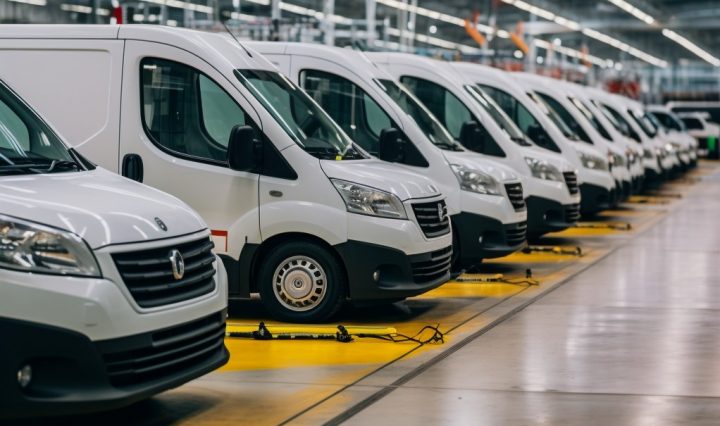The ability to drive in low emissions zones is the top reason for van fleets adopting electricity, according to new research.
This factor was named by 32% of respondents in the 2025 Arval Mobility Observatory Barometer shows – up from 23% last year.
John Peters, Head of Arval Mobility Observatory in the UK, said, “This is a marked rise and suggests an increasing number of operators, especially those who work in urban areas, are concerned about future clean air legislation and their ability to access those locations with diesel vehicles.
“Simply, electric vans provide the means to go anywhere within the likely scope of any potential legislation. They futureproof your fleet in this respect.”
Other factors mentioned included lower environmental impact (30%), tax benefits (28%), total cost of ownership the same or lower than ICE alternatives (27%), to fulfil employee requests (23%), reduce fuel expenses (20%), anticipate future restrictive public policies (18%), improve company image (16%) and compliance with corporate social responsibility policies (16%).
He added that in a majority of areas – including lower environmental impact, tax benefits, fuel expenses, future public policies, improved company image – there had been little or no change in responses from van operators since last year’s Arval Mobility Observatory Barometer.
“This probably indicates a maturing of operator attitudes towards operating electric and other alternative energy vans. There is a greater understanding of their operational advantages and a general sense of stabilisation.”
One area showing a fall – from 31% to 27% – is fleets who are adopting alternative energy vans because they believe cost of ownership has fallen in line with diesel vans.
John said: “This is quite a complicated subject. In some ways, the cost of operating electric vans has risen, including charging itself – but there are signs that others are falling, including potentially the purchase price of vans, while residual values have stabilised and become more predictable.
“The data does suggest that operators believe alternative energy van costs have risen overall in comparison to diesel, however.”
